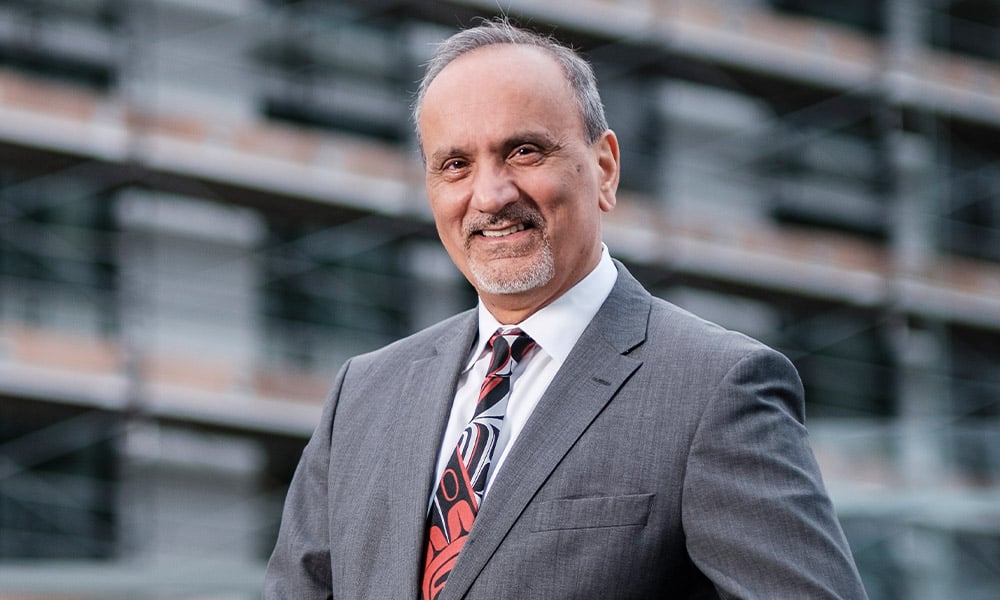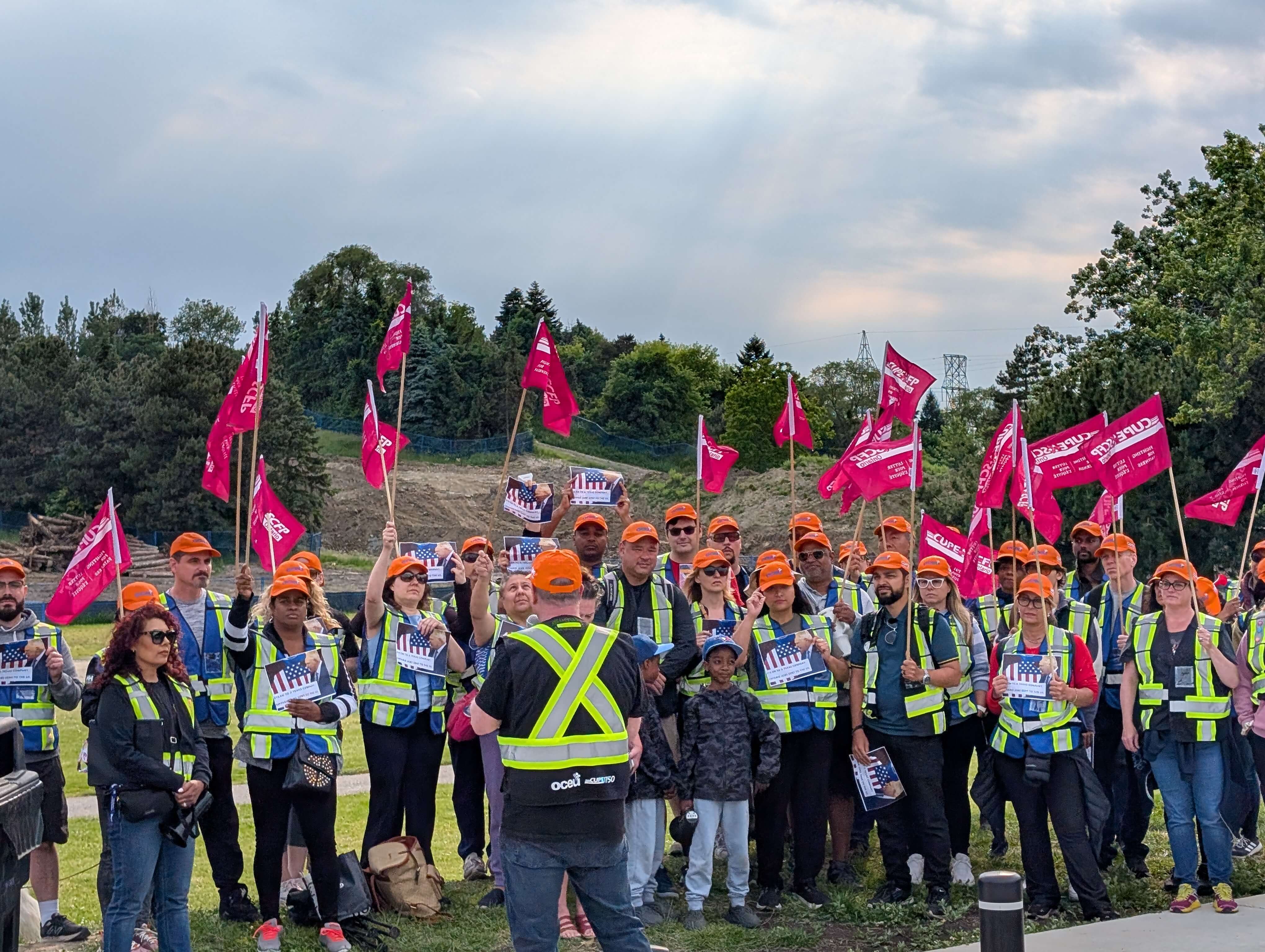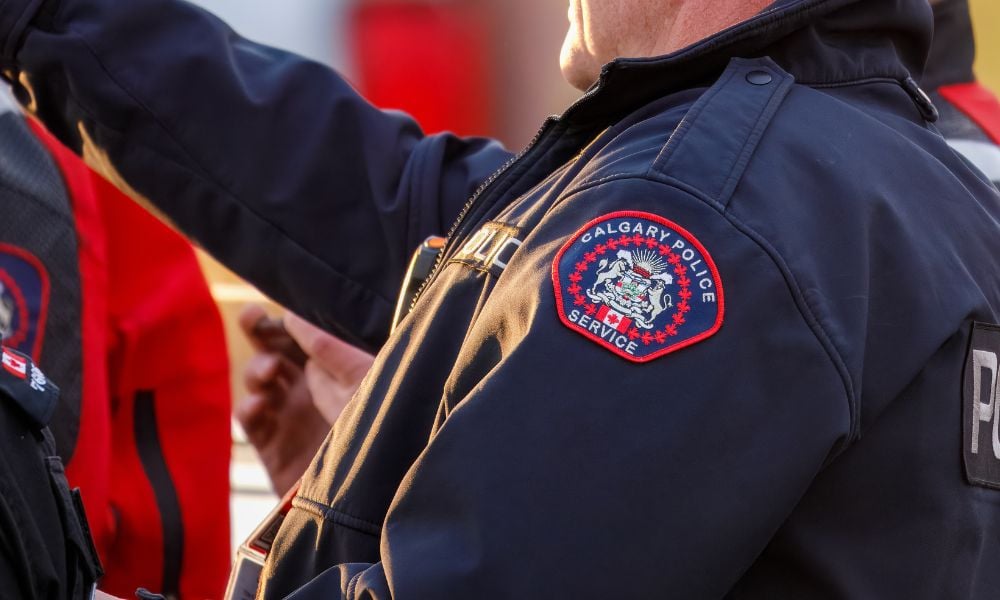B.C. Minister of Labour Harry Bains weighs in on the challenges facing B.C. workers

COS recently spoke with Harry Bains, British Columbia’s minister of Labour, who walked us through the ministry’s (very) busy portfolio. Bains has been the NDP MLA for Surrey-Newton, B.C. since 2005 and has been minister of Labour since 2017. In addition, he was an elected officer of Steelworkers-IWA Canada 2171 for more than 15 years.
Much of the discussion covered the ministry’s response to the pandemic — rightfully so. As one can imagine, COVID-19 has had a huge impact on the ministry’s mandate over the last year. But British Columbians continue to face a number of other issues, including workplace harassment and bullying, which need to be addressed.
A challenging pandemic
“Since the beginning of the pandemic, WorkSafeBC has risen to the challenge, working collaboratively to help keep people safe in the pandemic,” says Bains. “Nothing is more important than the health and safety of our workers and of our population.”
WorkSafeBC played a key role in reducing outbreaks in B.C. workplaces since the early days of the pandemic, requiring businesses to develop safety plans and conducting inspections to ensure compliance.
At the time of the interview, Bains said WorkSafeBC had conducted more than 23,000 COVID-19 workplace inspections.
Responding to COVID-19
Bains highlights a number of changes that the ministry has enacted to better support workers and employers amid the pandemic. For example, the minister says that WorkSafeBC was instrumental in creating safety plans in 32 specific economic sectors. Within those sectors, each business was helped to devise its own safety plan suitable to their needs.
Bains also says that the government made changes to the Employment Standards Act.
Such changes include unpaid job protected leave, which was added for people who are unable to work due to certain circumstances related to COVID-19. Furthermore, workers can now take up to three days of unpaid job protected leave each year if they cannot work due to illness or injury. This is a permanent change that was made in March 2020 and will remain in place after the pandemic, he says.
“We have a strong enforcement regime in place to ensure that health and safety protocols are met and that they are applied — and that, if a person is sick or becomes ill in the workplace, they are treated with respect and dignity and get the support that they need.”
Bains says that changes were also made to the Workers Compensation Act to improve worker safety and keep premiums that are paid by the employer stable.
In addition, these changes ensure that WorkSafeBC has the tools it needs to improve the investigation of serious injuries and fatalities in the workplace, as well as deal with injured and sick workers in a timely fashion.
Economic recovery
“I continue to remain focused on supporting workers and employers as we move through the pandemic to economic recovery,” says Bains.
Looking toward the post-pandemic landscape, “this pandemic [has] actually identified a number of gaps in our workers’ support in workplaces,” says Bains, notably in regard to workers’ lack of access to paid sick leave.
“We are working, and will continue to work, with the federal government to deal with those gaps to ensure that workers who are ill or sick… can stay at home,” says Bains. This will help reduce the transmission of the virus in workplaces, keep them safe and ensure that businesses are able to continue operating.
“In the coming year and beyond, my priority will be the health and safety of workers through employment standards improvements, providing protections for gig and precarious workers and supporting a strong economic recovery.”
Bains says that the ministry and the B.C. government will continue to work with the federal government to improve any programs that support workers during the pandemic, especially those that help to reduce or limit the spread of the virus in workplaces. For example, he says that they have identified some gaps in the Federal Sick Leave Program that need improvement.
Fairer wages for workers
Another welcome development is that, as of June 2021, the province’s minimum wage will be increased to $15.20 and from then on will be linked to the rate of inflation.
Equally in June, liquor servers’ wages, which were lower than the minimum wage, will be raised to the new minimum wage, thereby eliminating this discriminatory wage. Bains highlights that 82 per cent of these workers are female, and that offering them the same protection and wages as other minimum wage workers helps put an end to what he believes was a discriminatory policy from the previous Liberal government.
He also mentions the Fair Wages Commission, which was established during the early part of his mandate. The commission is currently examining the gap between the living wage and the minimum wage in B.C. and will report back on how to handle the discrepancy.
The minister says it will be developing a strategy to help workers, notably gig economy and precarious workers, benefit from legal protections and ensure that “they have the same rights and protection as any other worker, that there's no exploitation and abuse, that they make fair wages and we grow the economy at the same time. I'm looking forward to economic recovery, so that we could implement many of the changes.”
Domestic violence and IPV
According to the province’s statistics, in 2018, almost one in three women (32 per cent) and just over one in eight men (13 per cent) aged 15 and over felt unsafe or uncomfortable as a result of unwanted sexual behaviour they experienced.
Domestic violence (DV) and intimate partner violence (IPV) are a huge concern for women — it is the most common kind of violence experienced by women (45 per cent of all females aged 15 to 89). Furthermore, women in rural settings and Indigenous women experience higher rates of domestic violence.
“We've seen many workers who are forced to go to work because they can't afford to take time off although they are survivors of domestic abuse and sexual abuse,” says Bains. “We recognized early on that they need support, because ending violence, supporting safety and creating security are central to our government and the work that we do.”
Indeed, supporting workers can make a difference to survivors of DV and IPV. “We all know that when people have support and job security, they're much more likely to leave an abusive situation,” says Bains.
In 2019, says Bains, the ministry made changes to support modern workplaces, including providing job-protected leave for those people who are facing domestic and sexual violence. In 2020, the ministry brought in up to five days of paid leave each year for these workers.
“I sat through many of those consultative sessions, and you heard stories and it was moving. It made me even more committed to making sure that we support those workers who are facing domestic and sexual violence, and so in addition to those five paid days, we now have an additional 15 weeks of unpaid job protected leave,” says Bains.
Workplace bullying and harassment
Bains has been an activist in the matter for years, saying it has been his priority as minister to create workplaces that are free from violence and harassment. “I firmly believe, going back to my working days, that every worker deserves to go to work and [be] work free of harassment, intimidation and bullying from anybody at a workplace,” says Bains.
“Workplace bullying and harassment can take many forms, including verbal aggression, personal attacks, and other intimidating or humiliating behaviours.”
Workplace harassment can have a far-reaching impact on workers’ health and safety and can lead to absenteeism, lost productivity and even depression and anxiety. It’s a lose-lose situation for the worker and the employer.
“It's an employer's responsibility to make sure that workplaces are free of harassment and intimidation and bullying,” says Bains.
He spotlights the work that WorkSafeBC has been doing with employers in these cases: It is reaching out to help investigate and provide help to the employer and workers to manage those situations.
“We believe that every employee, every citizen of this province, deserves to live a life that is free of discrimination, whether personal, individual or systemic. That's why we established the Human Rights Commission very early on during our mandate as a government,” says Bains.
This is especially important as during COVID-19 there’s a growing awareness of mental health, and workers’ mental health specifically.
“Our government is committed to making sure that we deal with mental health and addiction in society… We are the only jurisdiction in Canada that has a standalone ministry to deal with mental health and addiction,” says Bains. He also points out that WorkSafeBC has a team that is dedicated to dealing with mental health and addiction.
“This past year has been very difficult for everyone, including businesses, working people and the community. As a government, our focus has been to put people first to ensure that their health and safety is the number one priority in everything that we do,” says Bains, “because we believe that healthy workplaces and a healthy population will lead us to economic recovery.”
This article originally appeared in the May/June 2021 issue of COS.





